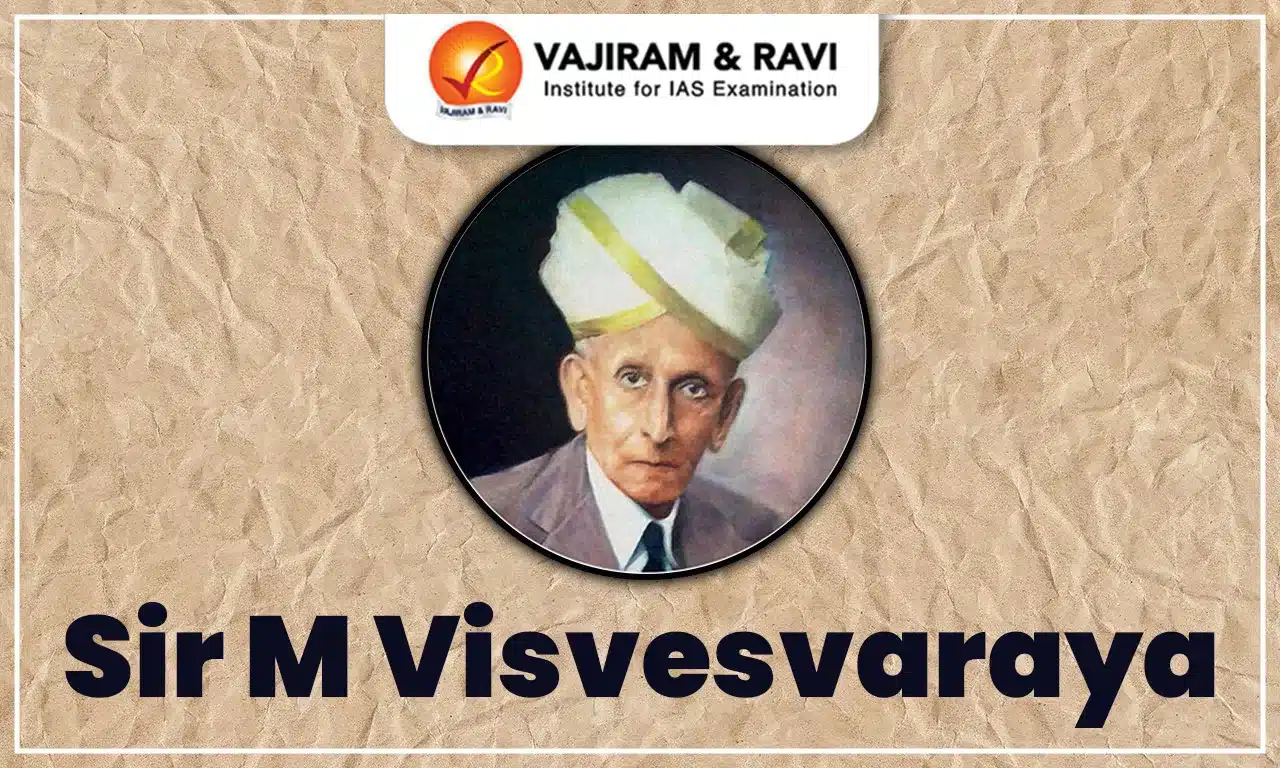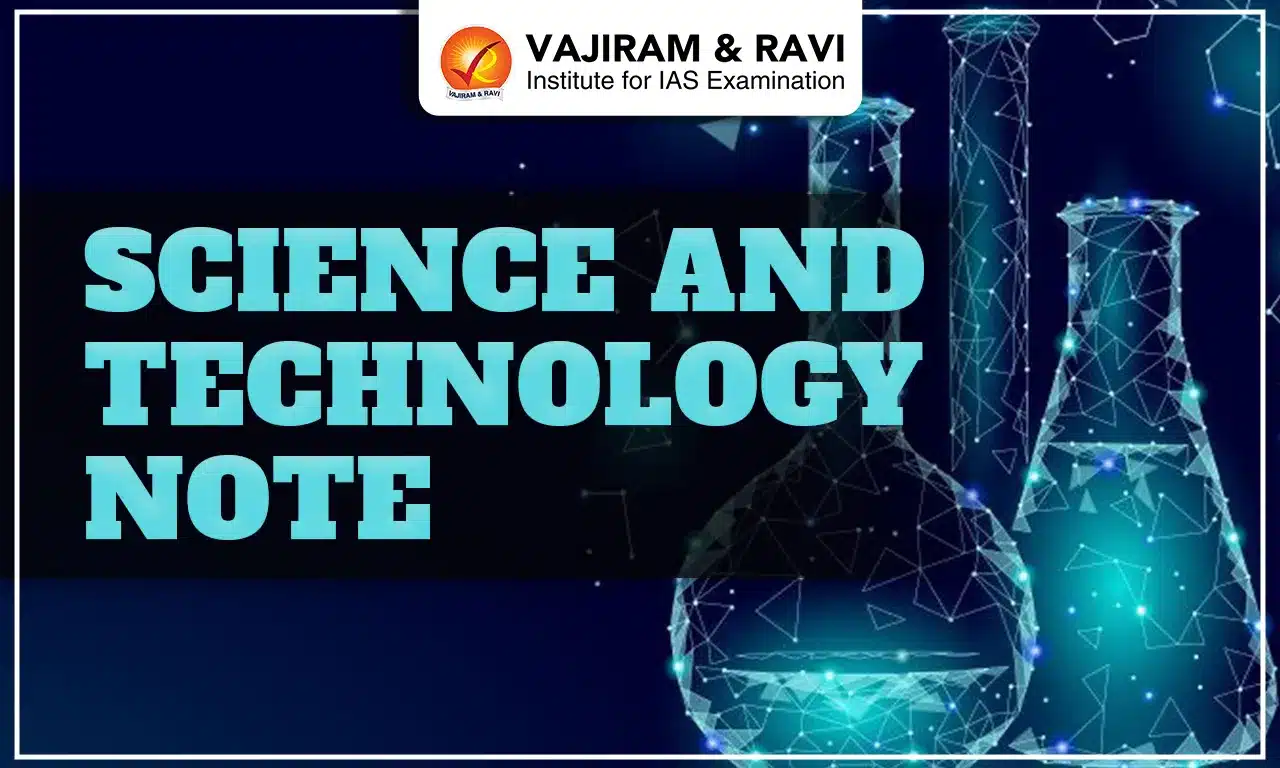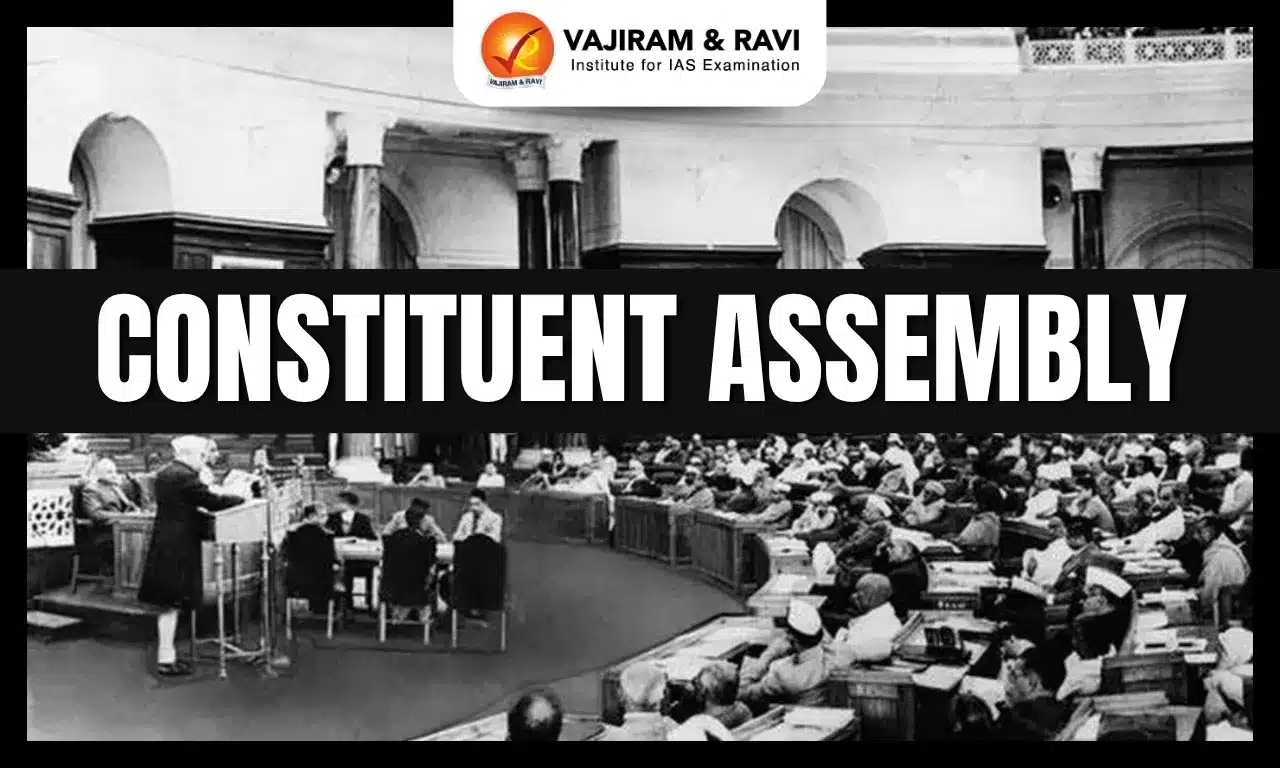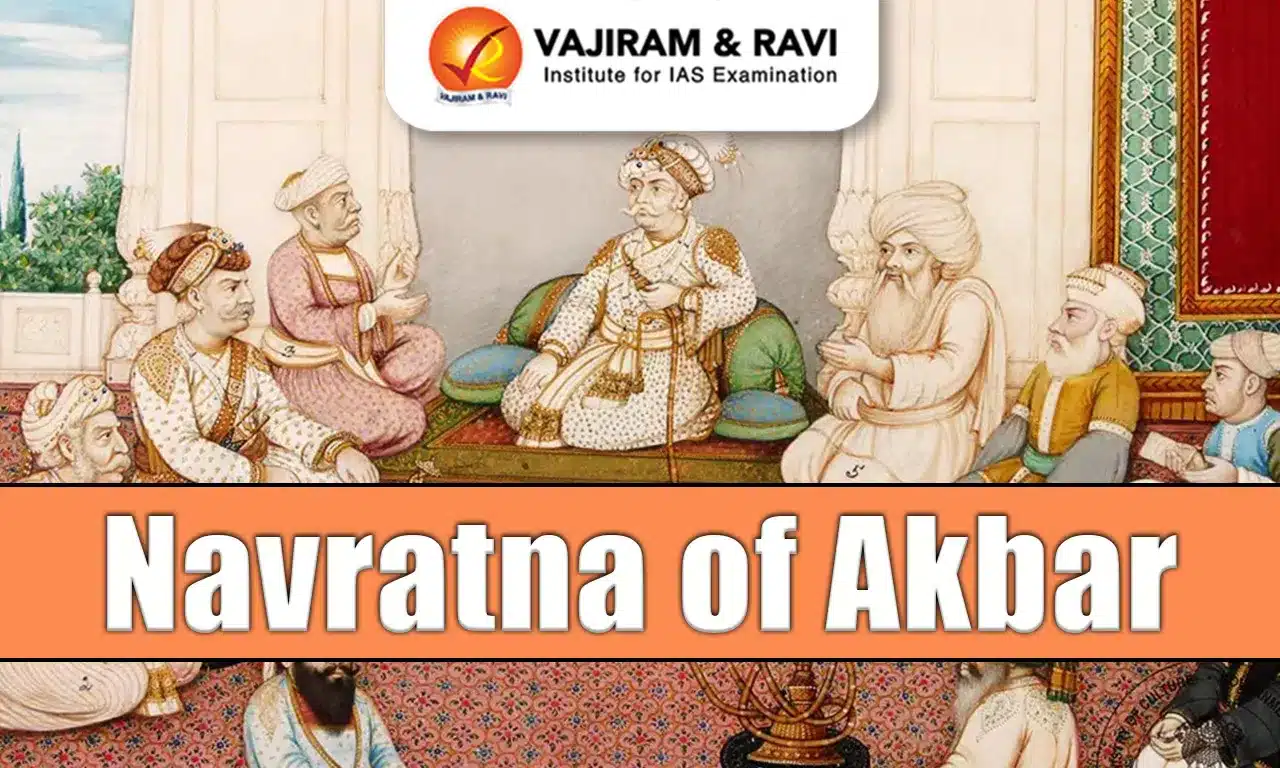Bharat Ratna Sir Mokshagundam Visvesvaraya (1861-1962), widely known as Sir M Visvesvaraya, was a distinguished and India’s pioneer civil engineer, statesman, and scholar. He held the position of Dewan of Mysore from 1912 to 1918, and for his outstanding contribution, he is known as the Father of Modern Mysore.
Sir M. Visvesvaraya is known for various outstanding works in engineering and administration, including block systems of irrigation, automated flood gates, and a strategy on economic planning called the Visvesvaraya Plan, to name a few. Engineer's Day is celebrated in India in his honour.
Early Life of Sir M Visvesvaraya
Sir M. Visvesvaraya was born in Muddenahalli village in Karnataka, in a Tamil Brahmin family. His ancestors were from Mokshagundam, a village in present-day Andhra Pradesh, and had migrated there years before Visvesvaraya's birth.
- He completed his B.A. (Bachelor of Arts) from the University of Madras.
- Later, he completed civil engineering from the College of Science in Pune.
Sir M Visvesvaraya Career
Sir M. Visvesvaraya initially commenced his career with the Government of British India, serving in the Bombay Presidency and other British-administered territories in the Middle East. Later, he took up positions in Hyderabad State.
- Even after his voluntary retirement in 1918, he undertook both administrative and statesmanship roles while also maintaining his involvement in engineering projects in the Kingdom of Mysore.
Key Contributions of Sir M Visvesvaraya
The contributions of Sir M. Visvesvaraya continue to influence India's engineering and infrastructure landscape, making him a revered figure in the field.
- Block Irrigation System (1899): He introduced the block system of irrigation in India (Deccan Canals) in 1899, intended to provide the benefits of irrigation over a large number of villages and populations in each village within blocks.
- Sukkur Water Solution: He solved the problem of “muddy and discoloured” water in Sukkur, located on the banks of the Indus.
- Automatic Water Floodgates (1903): He invented the system of patented Automatic Water Floodgates, initially deployed at the Khadakwasla reservoir in Pune in 1903.
- Founder of Bengaluru Engineering College (1917): In 1917, he founded the Government Engineering College in Bengaluru, a prestigious institution later renamed as University of Visvesvaraya College of Engineering in his honour.
- Economic Planning Advocate (Visvesvaraya Plan): He is widely recognized as an early advocate and practitioner of Economic Planning in India, called the Visvesvaraya Plan, which he presented in a book titled “Planned Economy in India”.
Sir M Visvesvaraya Contribution to Engineering
Mokshagundam Visvesvaraya had a distinguished career in engineering, marked by his innovative contributions to irrigation, water management, and flood protection systems. His expertise and successful projects, both in India and abroad, earned him a reputation as one of the foremost engineers of his time.
- Early Career and Public Works: Mokshagundam Visvesvaraya began his career as an assistant engineer in the Public Works Department, Bombay, in 1885.
- Indian Irrigation Commission: In 1899, M. Visvesvaraya joined the Indian Irrigation Commission and introduced advanced irrigation techniques.
- Innovative Contributions to Water Management: He designed patented automatic weir water floodgates and implemented an irrigation system in the Deccan Plateau, contributing to water management across India.
- International Projects: Visvesvaraya worked on water supply and drainage systems in the British Colony of Aden (now Yemen) and later focused on flood protection systems for Hyderabad and Visakhapatnam.
- Chief Engineer of Mysore State: Appointed in 1909, he managed key projects, including the Krishna Raja Sagar Dam, shaping the infrastructure of Mysore State.
Sir M Visvesvaraya Contribution to Administration
Mokshagundam Visvesvaraya made significant contributions in administration during his tenure as the Dewan of Mysore, focusing on industrial and infrastructural development.
- Dewan of Mysore (1912-1918): Visvesvaraya served as the Dewan of Mysore, where he played a pivotal role in fostering industrial growth and infrastructure.
- Industrial Ventures and Institutions: He established key institutions like the Mysore Soap Factory, Bangalore Polytechnic, and the State Bank of Mysore, driving industrial progress.
- Promotion of Private Investment and Technical Guidance: Visvesvaraya encouraged private investment and provided technical expertise for infrastructure projects in the region.
- Later Contributions to Infrastructure: Even in his later years, he advised on significant projects, including the location of the Mokama Bridge over the Ganga River.
Sir M Visvesvaraya Awards and Honours
The following are the awards with which Sir M. Visvesvaraya has been honoured:
- Companion of the Order of the Indian Empire (CIE): Sir M. Visvesvaraya was appointed in 1911 as a CIE by King Edward VII.
- Knight Commander of the Order of the Indian Empire (KCIE): In 1915, he was conferred the title of KCIE for his contributions to the public good.
- Bharat Ratna: In 1955, the Government of India honoured him with the highest civilian honour i.e., Bharat Ratna for his numerous industrial, economic and social projects.
- Honorary Memberships and Fellowships: He received an honorary membership from the Institution of Civil Engineers, London, a fellowship from the Indian Institute of Science, Bangalore, and several honorary degrees, including D.Sc., LL.D., and D.Litt., from eight universities in India.
- President of Indian Science Congress: He presided over the Indian Science Congress in 1923.
- Engineer's Day: The Engineer’s Day is celebrated in India on September 15 every year to honour the contributions of Sir M. Visvesvaraya, which is his birth anniversary.
Last updated on February, 2026
→ UPSC Notification 2026 is now out on the official website at upsconline.nic.in.
→ UPSC IFoS Notification 2026 is now out on the official website at upsconline.nic.in.
→ UPSC Calendar 2026 has been released.
→ Check out the latest UPSC Syllabus 2026 here.
→ Join Vajiram & Ravi’s Interview Guidance Programme for expert help to crack your final UPSC stage.
→ UPSC Mains Result 2025 is now out.
→ UPSC Prelims 2026 will be conducted on 24th May, 2026 & UPSC Mains 2026 will be conducted on 21st August 2026.
→ The UPSC Selection Process is of 3 stages-Prelims, Mains and Interview.
→ Prepare effectively with Vajiram & Ravi’s UPSC Prelims Test Series 2026 featuring full-length mock tests, detailed solutions, and performance analysis.
→ Enroll in Vajiram & Ravi’s UPSC Mains Test Series 2026 for structured answer writing practice, expert evaluation, and exam-oriented feedback.
→ Join Vajiram & Ravi’s Best UPSC Mentorship Program for personalized guidance, strategy planning, and one-to-one support from experienced mentors.
→ UPSC Result 2024 is released with latest UPSC Marksheet 2024. Check Now!
→ UPSC Toppers List 2024 is released now. Shakti Dubey is UPSC AIR 1 2024 Topper.
→ Also check Best UPSC Coaching in India
Sir M Visvesvaraya FAQs
Q1. What is M. Visvesvaraya famous for?+
Q2. Who is the father of engineering?+
Q3. Whose birthday is on Engineer's Day?+
Q4. Which dams did Visvesvaraya build?+
Q5. Who gave Sir title to Visvesvaraya?+
Tags: quest sir m visvesvaraya


















